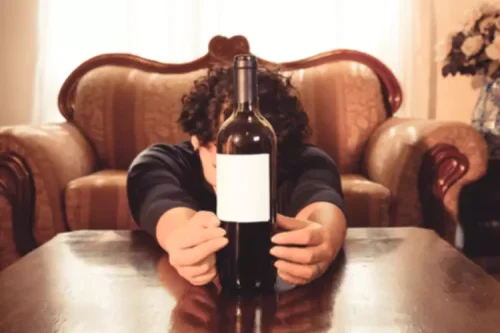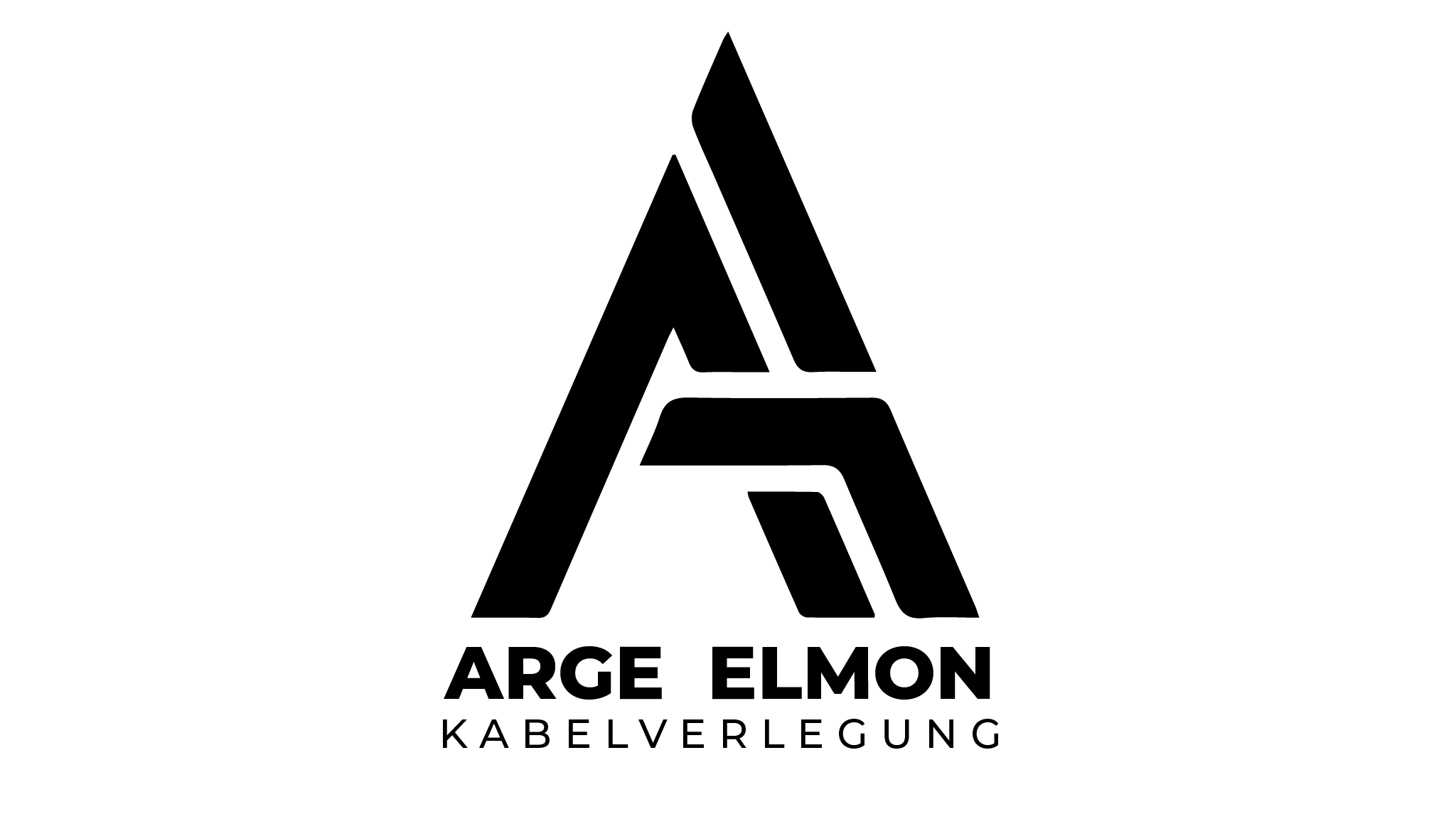
Just focus on talking to your therapist, working through today’s challenges and making it another 24 hours without using. This is one of the most common fears of sobriety. It is natural to wonder whether you will be able to complete treatment, especially if you do not have any idea what it entails. The best solution is to find out more about the kinds of treatment available to you and choose the one that best suits your needs. Research drug and alcohol treatment centers in your area, and be sure to ask questions, so you will be able to find a treatment center that meets your needs.
Sobriety Fear #11 You’ll never be able to fix your mistakes.
The prospect of changing your habits completely can, indeed, seem quite daunting. However, addiction treatment involves support in this respect. During rehab, you can take up fitness classes, as well as engage in meditation, yoga, cooking, nutrition classes and art.

Sobriety Fear #1: Never Drinking Again.
You might be a little bored at first, but with time, you’ll discover new and more fulfilling things to do with your time. In my mind, sobriety meant Friday nights alone on my couch, watching Netflix and hiding from the rest of the world who was definitely out drinking. For years, I worried about the impact of sobriety on my social life. I honestly did not know what people did for fun without being slightly or very drunk. If you’ve spent the last umpteen years being THAT girl or guy, partying hard, struggling through the days hungover, and doing it all again – sobriety means an entirely new identity. The truth is, you have no idea what success will look or feel like.
What is nifaliophobia? Understanding the fear of being sober

We also include supervised, short-term housing to provide support for newly sober individuals. If you’re struggling with the fear of being sober, you’re not alone, and help is readily available. At Eudaimonia Recovery Homes in Austin, Texas, we offer a full continuum of care that supports you at every stage of recovery. From detox to sober living, our comprehensive and individualized programs are tailored to meet your unique needs.
“I Will Not Be Able to Talk to People”
In fact, one of the many benefits of being clean and sober in recovery is that you are able to both feel and express your emotions. After detox, it’s easy to come to the realization that there are people who are still standing by your side that probably should not be. You recognize what you’ve put them through, you’re ashamed of it and you wish you could take it back. Yet, at the same time, it may feel better just to give in and use because that’s what they expect from you.
- If all of your friends abuse alcohol and/or your spouse abuses alcohol, it makes a lot of sense to fear what will happen next.
- You might also think that the people you meet will not want to be around you because you do not engage in the same activities they do.
- So understanding and addressing these fears is paramount.
- However, this is only possible if you genuinely want to be clean and sober and commit to the process.
The truth is, you have been using drugs or alcohol to cope with your feelings and maybe even symptoms of mental illness. If you give substance abuse up, you’ll have to face those emotions and find a new way to cope. If you have been abusing substances to tamp down feelings, you are in for a boatload of overwhelming emotions as you come clean. Get over your fear of being sober by facing it head on. Let yourself feel that fear, and you are already on the path to getting comfortable with your uncomfortable emotions.
Filling your days with meaningful and fulfilling experiences will make sobriety feel more rewarding. Everything I knew revolved around getting high and I had the maturity of a 13-year-old. I had to face the cost of rehab and its treatment requirements. I had to learn how to grow up and become a productive member of society.
Sobriety Fear #3: You’re going to fail.
You know, deep down, that you can and should have a better life. Every day, week, and month that you let slip by without tackling your drinking problem is time you can’t get back and more damage you must undo. Use of this site constitutes acceptance of Sober Recovery’s „Terms of Use“, „Privacy Policy“, „Cookie Policy“, and „Health Disclaimer“. The material on this site is for informational purposes only, and is not a substitute for medical advice, diagnosis or treatment provided by a qualified health care provider. American Addiction Centers (AAC) is committed to delivering original, truthful, accurate, unbiased, and medically current information. We strive to create content that is clear, concise, and easy to understand.

Sobriety Fear #7: You’ll lose your friends.
This can include physical withdrawal symptoms (e.g. aches and pains) and psychological withdrawals (e.g. strong cravings). Many addicts worry that withdrawals will be too painful to cope with. You may also doubt your ability to resist the urge to use again. If that’s you, no matter your level of addiction, you should consider doing an inpatient medical detox. For certain substances and levels of addiction, this is a medical necessity.

